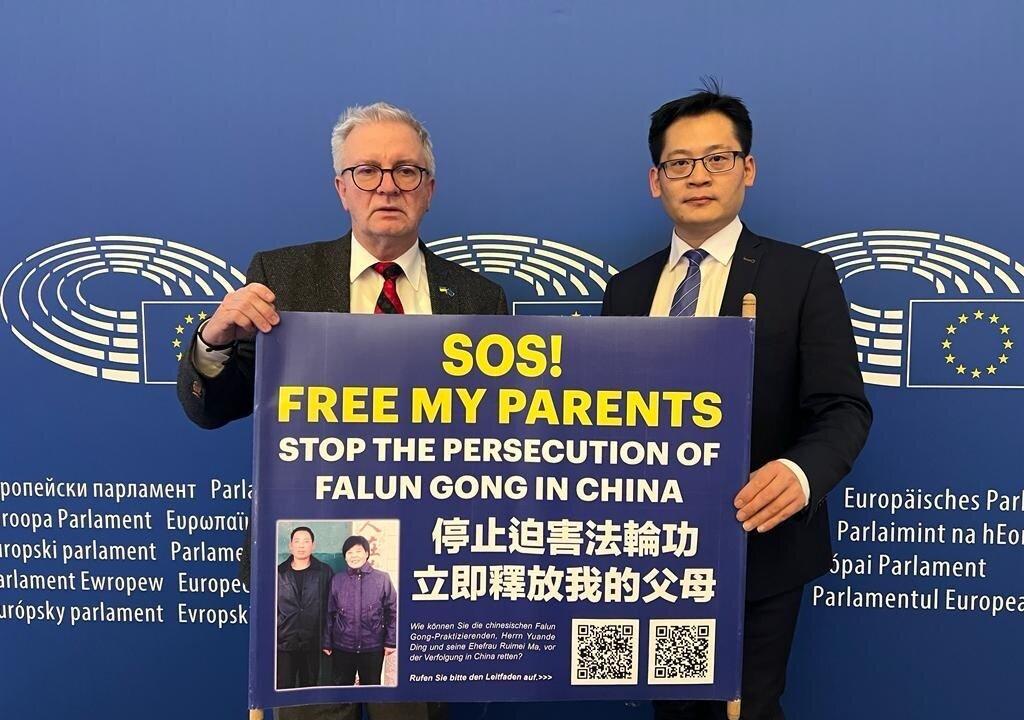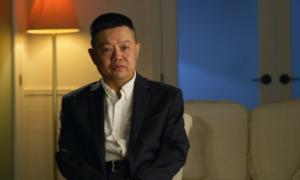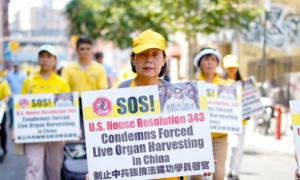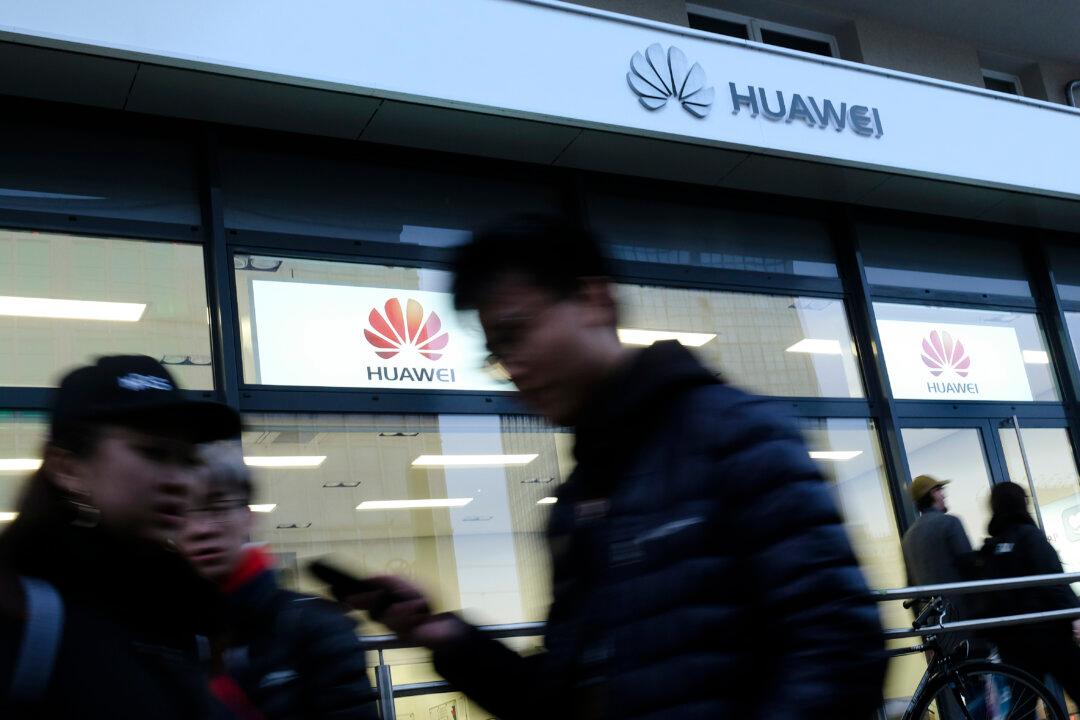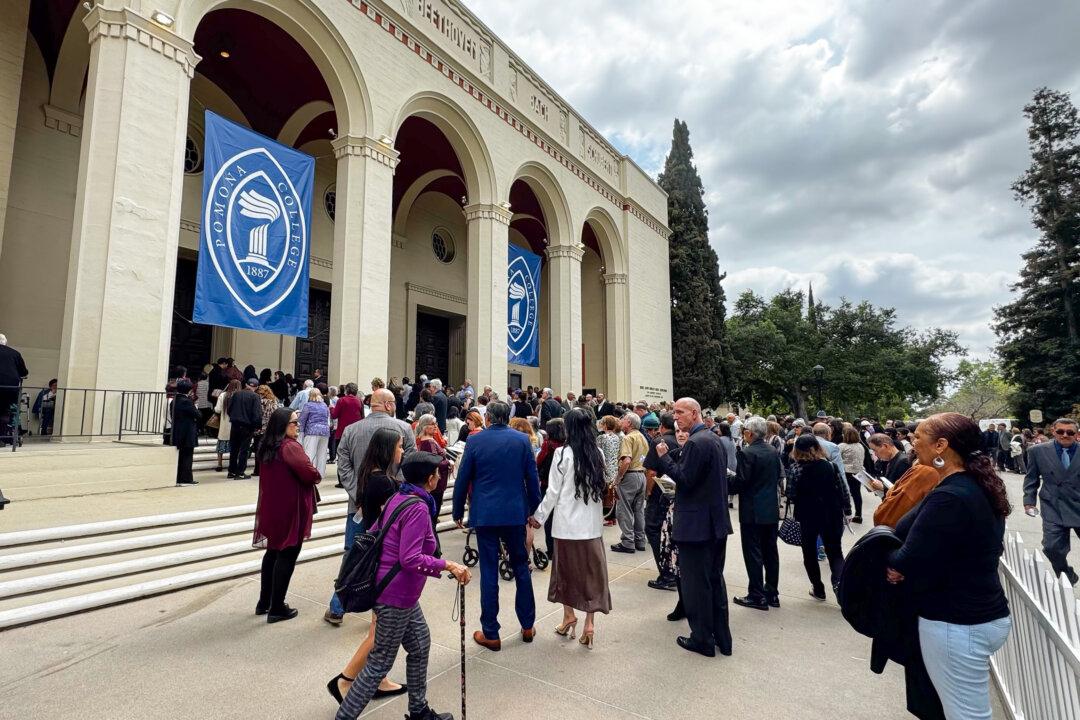The resolution, passed through a majority floor vote on Jan. 18, cited the thousands of deaths that have been documented under the CCP’s persecutory campaign, which uses arbitrary detention, torture, psychological abuse, and forced organ harvesting in a bid to wipe out the belief system. Human rights advocates say the actual death toll is likely far higher.
The resolution raised the case of tea farmer Ding Yuande, whom Chinese authorities arrested from his plantation without a warrant and held for eight months with no family visitation, before handing him a three-year sentence in December 2023.
“He has not committed any crime. He is innocent. And the only reason why he is arrested is that he is practicing Falun Gong,” German politician Michael Gahler, a sponsor of the resolution, said in a video statement shared with The Epoch Times.
Mr. Ding and other Falun Gong adherents should be released unconditionally and the persecution put to a stop, the resolution states. It calls for the European Union and member states to impose sanctions against the perpetrators, with measures such as refusing visas, freezing assets, expelling them from EU territories, and prosecuting them for their crimes.
“I think that is what we owe to the citizens who are innocent and who need to be released,” Mr. Gahler said on the speech floor one day before the vote.
Falun Gong, also known as Falun Dafa, is a spiritual practice involving slow-moving meditative exercises and teachings based on the principles of truthfulness, compassion, and tolerance. The practice was first introduced to the public in China in 1992. By the late 1990s, there were 70 million to 100 million Chinese practicing it, according to official estimates.
Then in 1999, the CCP unleashed a brutal campaign to eliminate the practice. Adherents, who were known for their good health and clean lifestyle, also became prime targets for forced organ harvesting—the state-sanctioned killing of detainees en masse in order to sell their organs.
“And we shouldn’t forget about the sickening act of forced organ harvesting,” she said.
A copy of the resolution will be shared with EU institutions, government bodies of the member states, and the top authorities in Beijing.
EU foreign policy chief Josep Borrell, who wasn’t present for the vote, had a speech delivered on his behalf to underscore the EU’s “persistent and grave concerns” over the Chinese regime’s long list of human rights violations, which he described as “one of the most challenging issues in EU–China relations.”
“The European Union will never compromise on human rights,” he said.
Echoing Mr. Gahler, Ms. Lexmann called for stronger action from the EU to hold Beijing accountable.
“Let me speak frankly. For more than seven decades, the CCP has terrorized people across mainland China and continues to commit gross crimes against humanity. Yet, as the EU, we have sanctioned four minor officials for human rights abuses in Xinjiang,” she said. “I’m sorry, but this is a weak and insufficient response to the wide scale of crimes being committed by this regime every day.”
She later posted a photo on social media showing her standing with Mr. Ding’s son, Ding Lebin, while holding a sign demanding the detained man’s release.
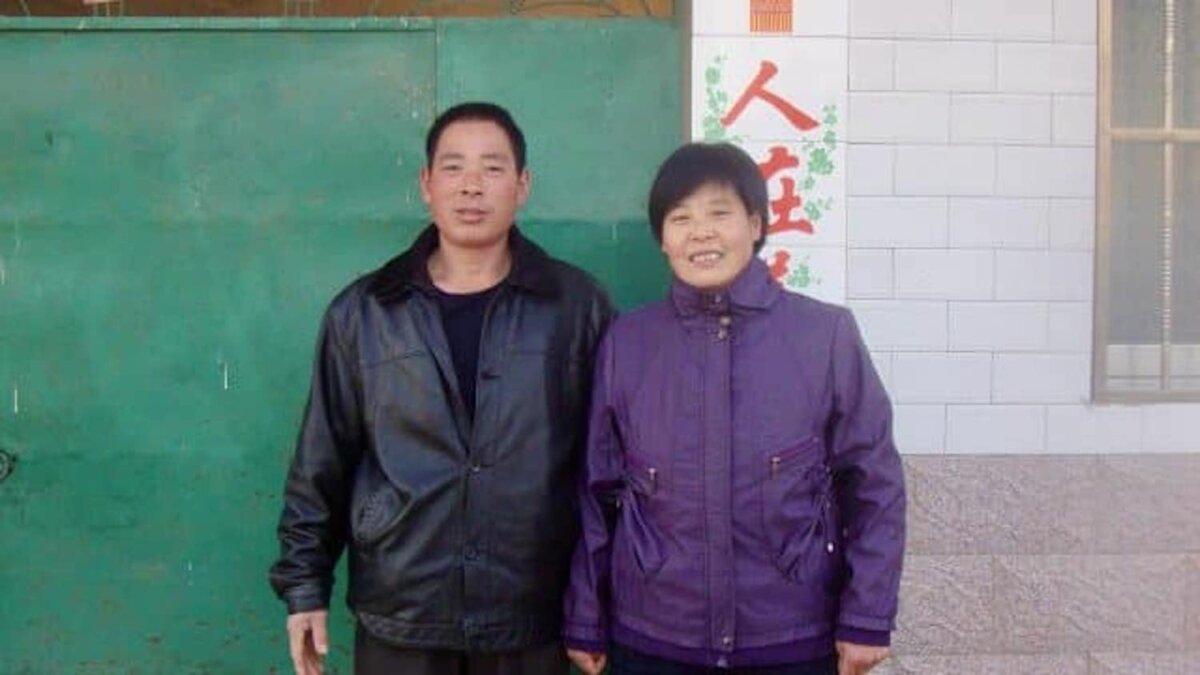
Ding Lebin, who lives in Germany, thanked the parliamentary lawmakers for their efforts to highlight his father’s plight.
“It’s not only about my father, it’s really about millions of Falun Gong practitioners who are still suffering because of the persecution going on in China,” he told The Epoch Times.
What’s happening to his family has made clear the regime’s disregard for human rights, and the passage of the resolution shows that lawmakers are seeing the risks of letting the CCP’s suppression tactics run unchecked, he said.
“The regime’s very existence is a threat to the freedom and values in democratic society,” he said, noting that “truthfulness, compassion, and tolerance are really universal human values.”
Mr. Gahler, in the video, said that he hopes shedding light on the persecution can act as a deterrent.
Communist regimes such as the CCP seem strong on the outside, “but we know these communist dictatorships are internally weak,” he said.
“That is why they need to repress the people.”
